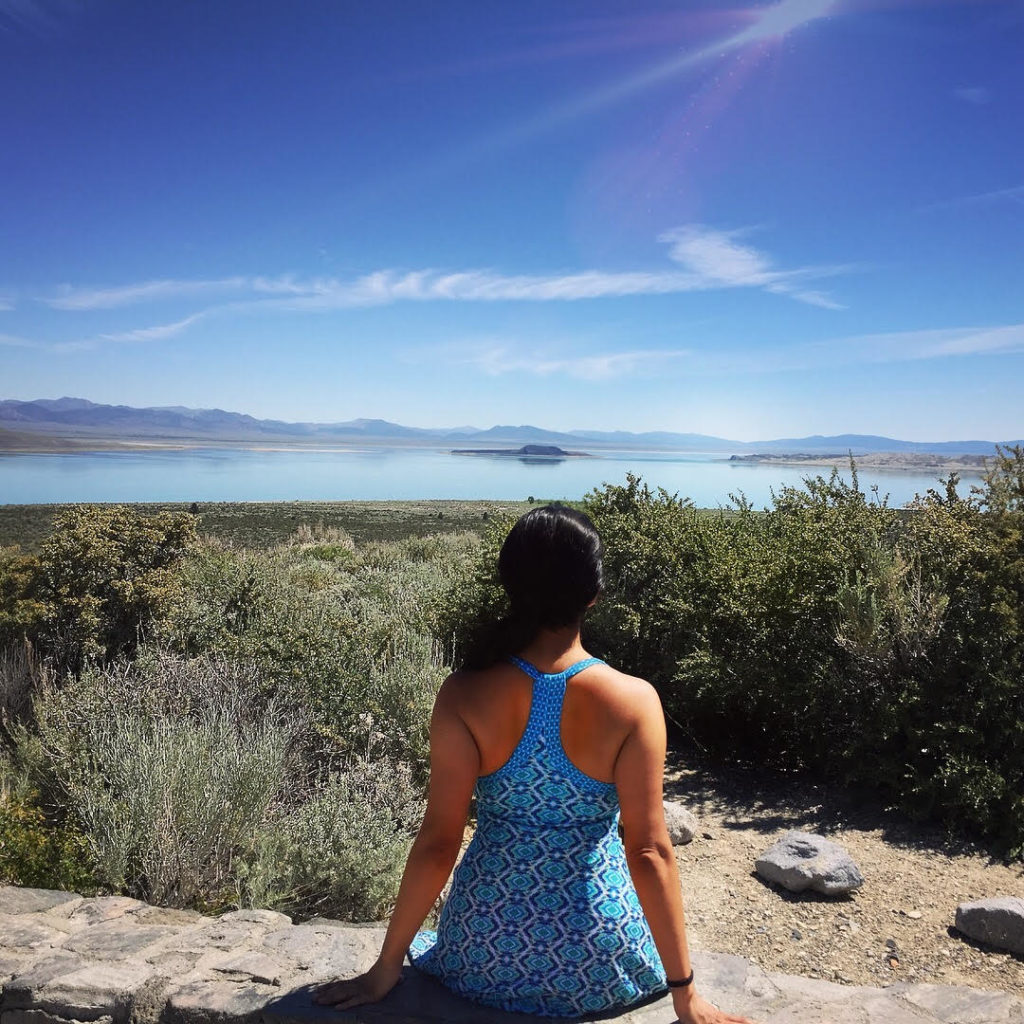
I once asked my friend Monica: “What would you do for a living, if you could do anything in the world?”
I expected her to pause, but she knew the answer immediately.
“I’d open my own clothing boutique,” she said.
It was a fitting response (no pun intended). There’s a positive feedback loop between talent and passion. We enjoy what we’re skilled at, and we’re skilled at what we enjoy. Monica loves clothing; every outfit she wears is a masterpiece.
Monica lives in a city of 5 million people. She could certainly find a niche for her boutique somewhere in her city. It’s an achievable dream. It requires hard work, but the formula is established: Raise funding. Rent a space. Source material. Learn bookkeeping. Advertise.
But Monica thinks it’s a pipe dream. She makes zero effort towards it.
Monica holds a ‘respectable’ office job — $40,000 a year plus benefits in a quiet suburban office park – and this fall she’ll start graduate school.
And I’m scratching my head.
You see, it would be easy to write Monica off as “lazy” or “uninspired.” Of course she’s not chasing her dream job – she’s sitting on the couch eating Cheetos all day!
But Monica pours herself into this office job, even though it’s not what she truly wants to do. She’s investing thousands of dollars – and hundreds of hours of study – to get additional training in her second-choice field.
At the same time, she hasn’t spent a single hour learning how to launch a little retail shop. She’s never called the owners of neighborhood boutiques and invited them to lunch so she could pick their brain. She hasn’t taken a single step towards her so-called pipe dream.
She’s not lazy. She’s ruled by lizard brain.
What is Lizard Brain?
There’s a tiny section of our brain called the amygdala. It’s about the size of an almond, and it’s lodged deep in the section of our brain that handles our memory, speech and visual cues.

The amygdala’s job is to provide us with our most primal instincts: fear, hunger and arousal. It drives us to fend off predators and protect ourselves from harm.
You know that tiny voice inside your head that says, “C’mon, a clothing boutique? That’s too risky. You’ll lose money. You won’t make the rent. Your employees will steal from you. You won’t have health benefits. You’ll miss out on retirement benefits. No one will pay for your airfare to conferences. And you’ll miss the company Christmas party.”
That’s your amygdala talking. It’s the creator of the fear response in your brain. Its job is to keep you safe from shark attacks, but its side effects include talking you out of your dreams.
The amygdala gets priority in the brain. Sensory input reaches hits the amygdala first, triggering a fear (or pleasure) reaction long before that same data gets a chance to reach the slower, more reasonable portion of your brain, called your frontal lobe.
If a grizzly bear is chasing you, this is a great advantage. Chances are you’ll start sprinting before you can even process why. But when you’re trying to overcome your fears and anxieties, it means you’re – quite literally – trying to re-wire the deepest instincts nestled at the center of your mind.
The Cure for Fear? Focus on the Next Step.
We can learn something from a group that’s studied how to overcome the brain’s fear response.
The Navy SEALS know they need to select new SEAL candidates who are skilled at overcoming their brain’s powerful fear response. The human brain is hardwired to hightail away from danger, and a Navy SEAL’s job is to rush into danger and stay there.

So the Navy developed the Underwater Pool Competency Test, which is designed to see if a SEALS applicant can resist their most visceral fear response.
Here’s how they do it:
First they put a SEAL applicant underwater for 20 minutes. The candidate breathes through SCUBA equipment.
Then they send someone to trigger the candidate’s fear response. The instructor shuts off the candidate’s breathing regulator and ties the candidate’s breathing gear into knots. The applicant can’t breathe.
Human instinct says that this is the moment you should swim to the surface of the water. Our brain is hardwired to want oxygen. Without it, we’ll be dead in minutes. Cue the fear. Cue the panic. This is the moment the amygdala is shrieking.
Many candidates fail the test at this point. They give in to their fears. They swim to the surface and gasp a nice, crisp gulp of air.
But the candidates who pass the test use one powerful mechanism in order to resist their amygdala and stay underwater: they focus on the next step.
“The next step is to untie this knot.” They focus on this thought single-mindedly. “The next step is to turn the breathing regulator back on.” No matter how loud the amygdala yells, they focus on their goal.
Then they break their goal down further. “Step one to untying the knot is —.” They execute. “Step two to untying the knot is —.” They execute.
Their amygdala is screaming, “breathe! Push to the surface and breathe! Get away from this predator who’s trying to kill you!” But the ones who pass the test are the ones who let their frontal lobe – their rational, thinking brain – take command.
They still feel fear. But they don’t focus on it. They overcome fear by focusing on the next step.
—
The takeaway? If you’re afraid of chasing a dream — whether that’s a new career, an investment, or early retirement — remember, your fear is natural and normal. But you must defeat it, before it defeats you.
The best way to do this is by focusing on the next step. Don’t worry about ‘what if’s.’ Concentrate on the next step. Then the next. Then the next.
I originally published this article on Afford Anything in 2011. This is an edited, updated version.